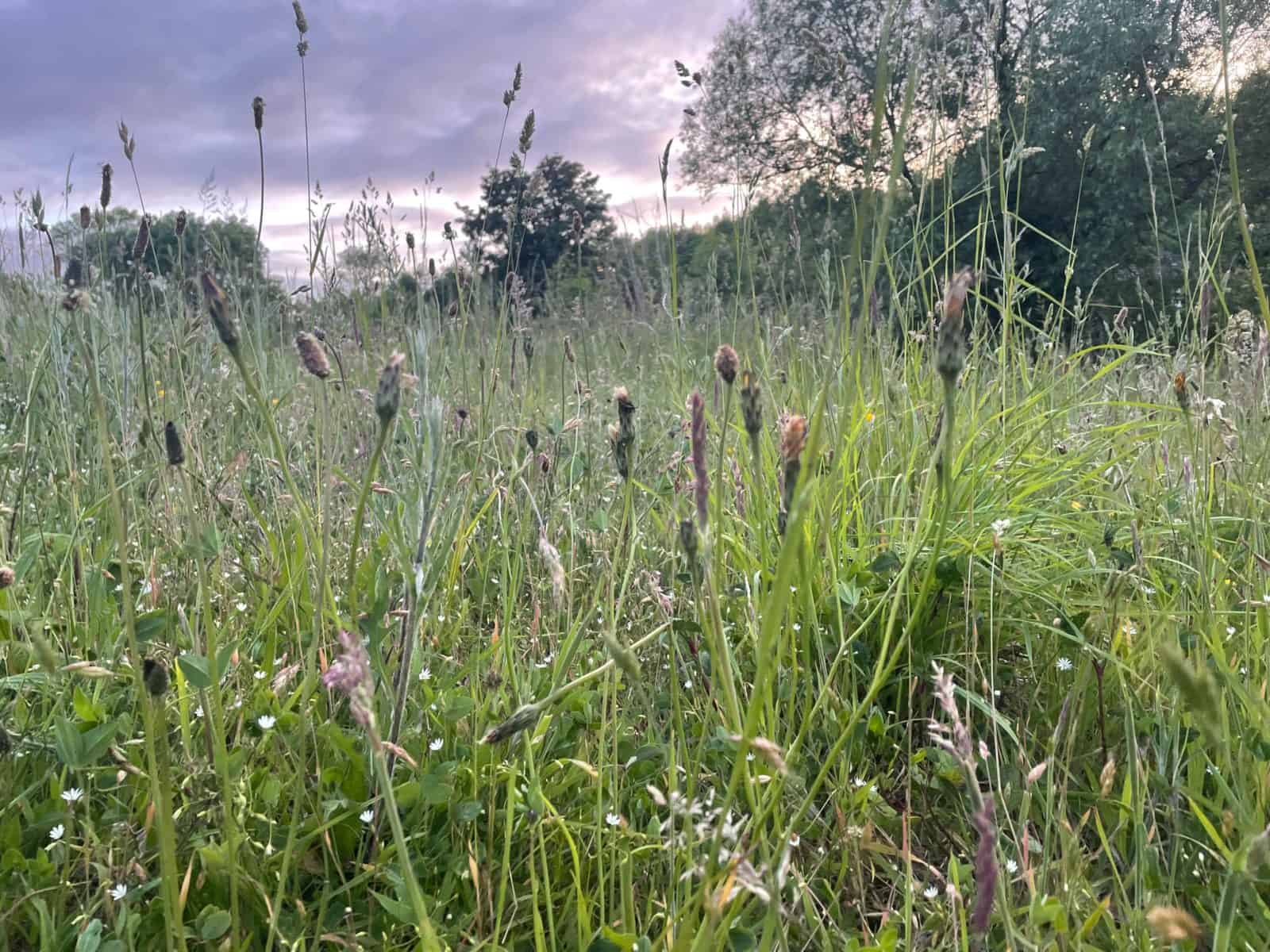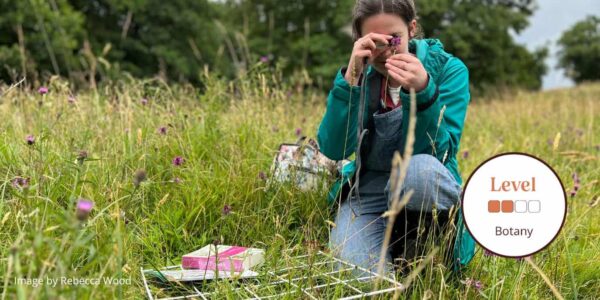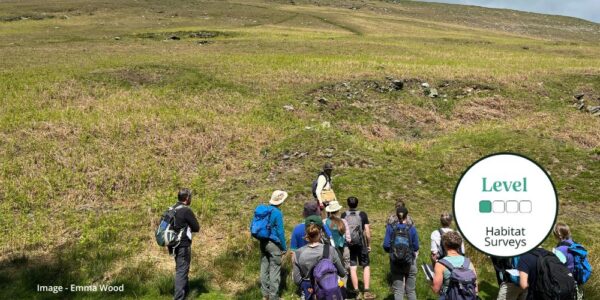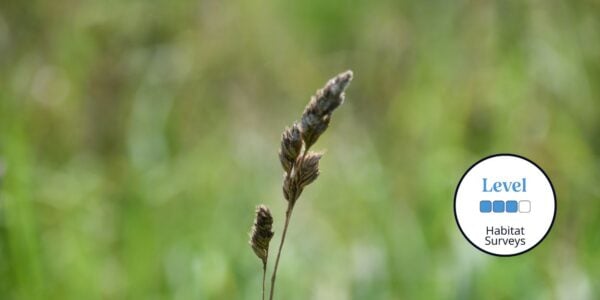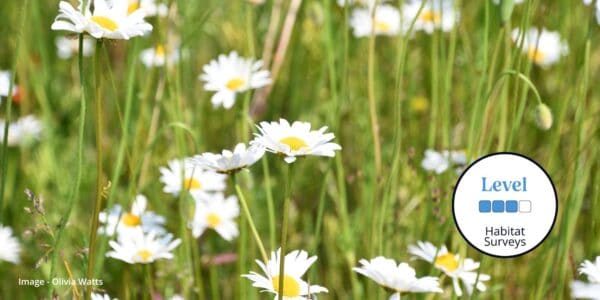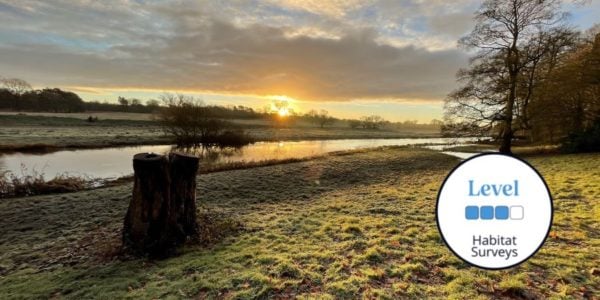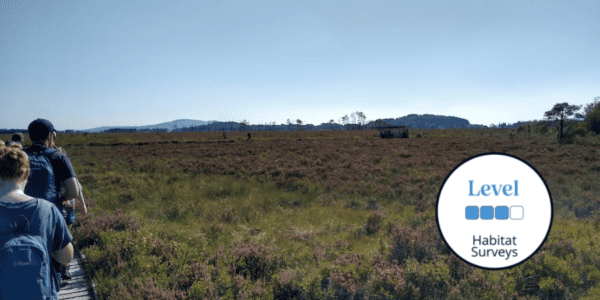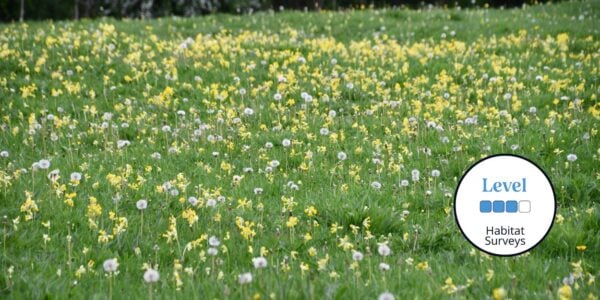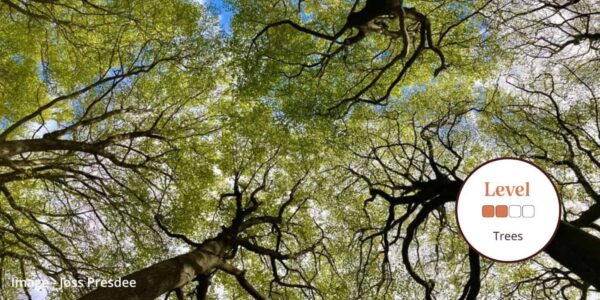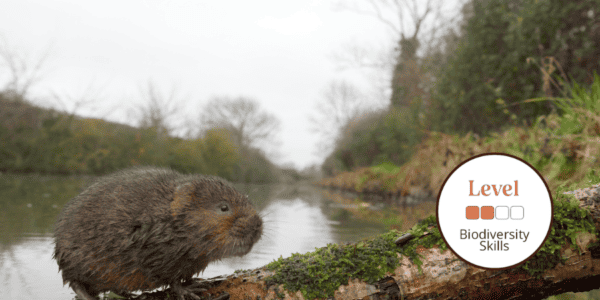
Discover more as you learn about UK Habitat Surveys and improve your skills on our beginner to advanced courses.
We run regular habitat survey and conservation courses throughout the year delivered online and UK wide by expert tutors and follow a framework to progress your learning at a level to suit you.Habitat surveys are used to cover the assessment of habitats, leading to informed decisions on management for habitat and species conservation.
Habitat Surveys
UK conservation has its roots in field natural history. This discipline is used to cover the assessment of habitats, habitat potential leading to informed decisions on management for habitat and species conservation. The National Vegetation Classification (NVC) is one of the key common standards developed for the country nature conservation agencies.
The UK Habitat Classification is a new, free-to-use, unified and comprehensive approach to classifying habitats, designed to provide a simple and robust approach to survey and monitoring for the 21st century.
Habitat Conservation
Conservation tools include the methodology for assessing what is on site. Landowners, land managers and those involved in writing conservation management plans will understand the need for identification and recording skills leading to the interpretation of the site in terms of its habitat classification. Plant surveying will help lead to the understanding of the habitat classification systems including Phase 1 and the new UKHAB. The UKs National Vegetation Classification System also falls into this section – which is highly appropriate as John Rodwell first introduced us to this in our Caradoc classroom at Preston Montford!
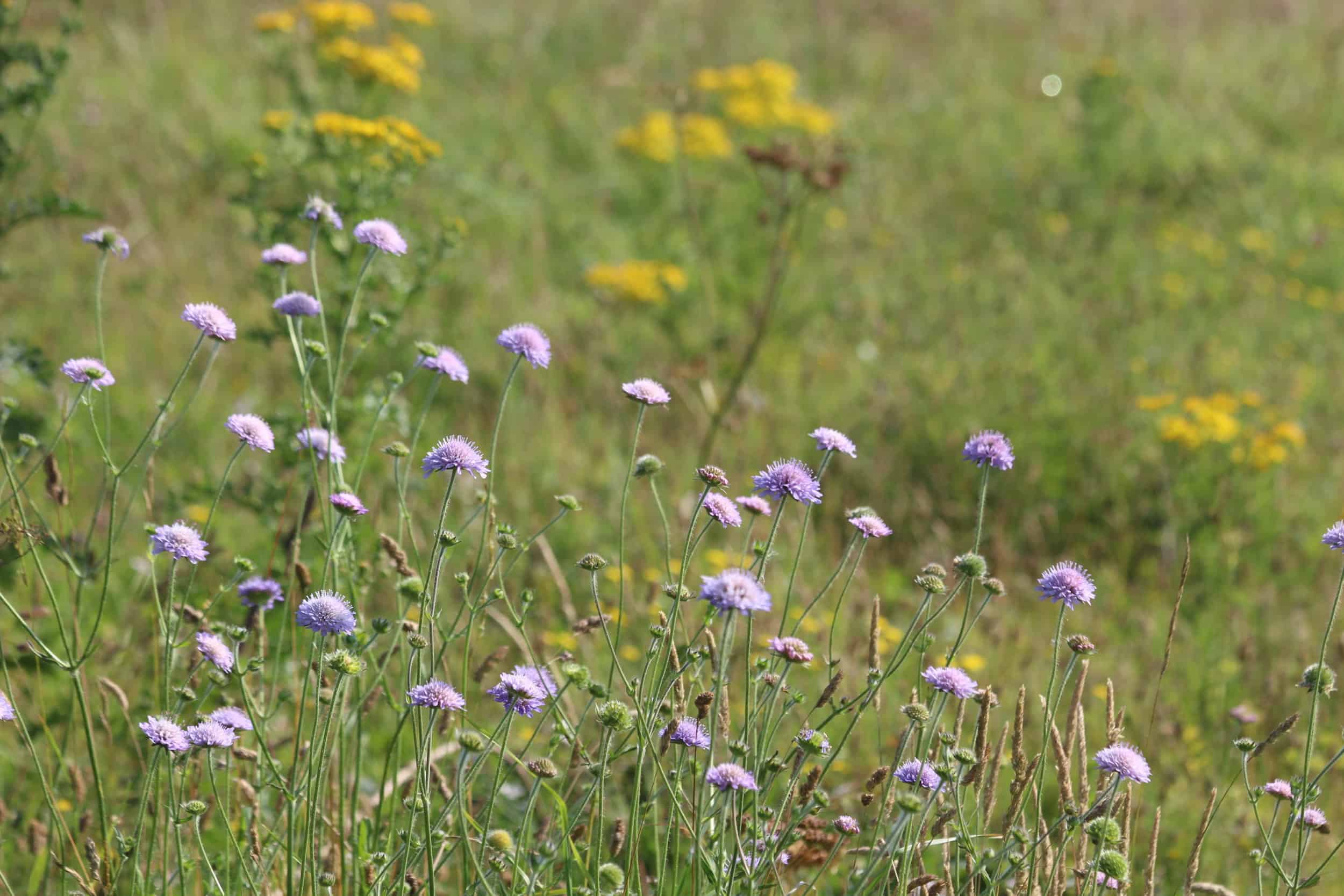
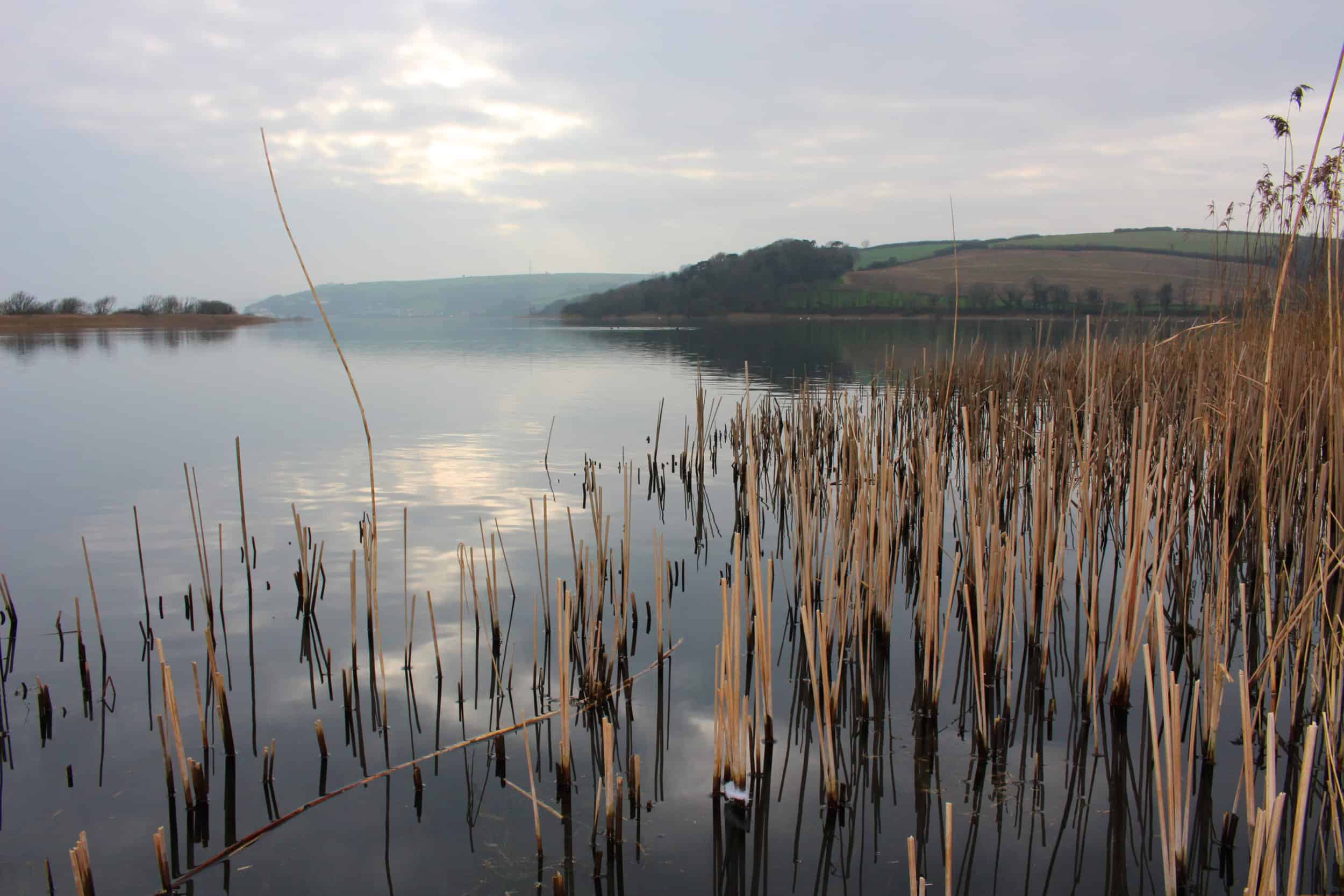

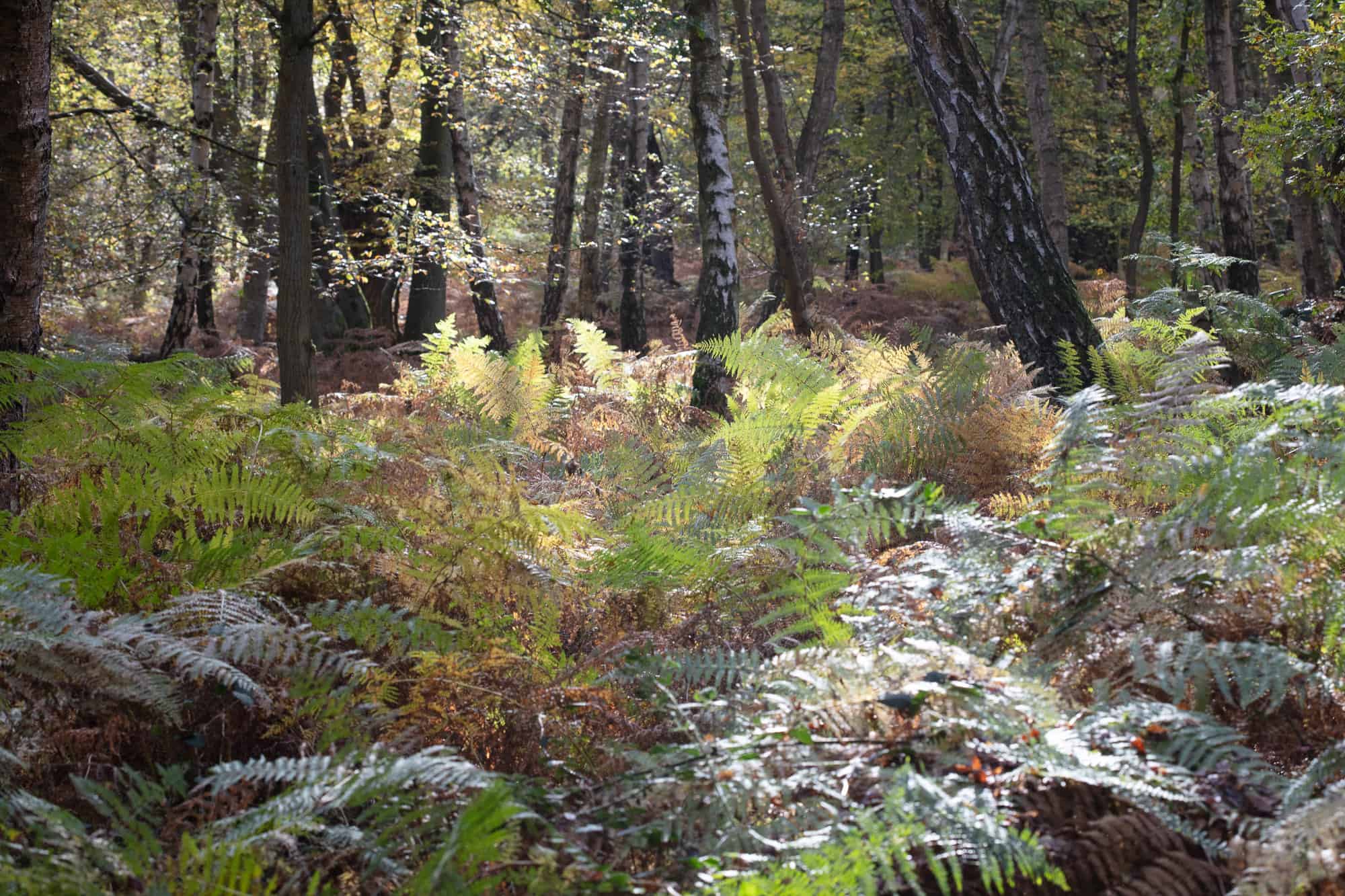

Other skills useful to have in this face-to-face practical approach include:
- the management of data through GIS
- examining the practice of biological recording
- management tips for specific habitats and field skills
Habitat Survey Courses
Courses are run at all levels, starting with becoming more biodiversity aware, to Phase 1 and UKHAB training courses. Habitat survey courses are delivered by experts in the field, and will equip you with the skills and knowledge to discover more about surveying habitats, botany skills for surveying and the metrics used within habitat surveys. Our beginner courses are for anyone interested in learning about where to start, and the more advanced courses cover more in depth skills and understanding, offering the chance to practice and hone your skills, supervised by experts.
The courses in this section cover broad issues of ecology and conservation including:
- Ecological principles
- Biological recording
- Biological surveying
- Higher level species identification
- Habitat overviews
- Habitat management
- National Vegetation Classification
Habitat training is led by expert tutors who are passionate about the subject. Taking place at venues across the UK, or online, our courses are designed to progress your learning at a level to suit your needs. If you are interested in our amphibian online training, you can read about our Moodle learning environment.
Each course is part of a learning framework. You can see the course level descriptions here. Natural history courses are available at all levels from beginner through to professional training.
Habitat Survey Resources
Phase 1 survey guide: Heaths and mires This guide will help you carry out a Phase 1 habitat survey in heath and mire habitats. There are 62 indicator species, following the guidelines set out in the JNCC Handbook.
Phase 1 survey guide: Grassland and marsh This guide will help you carry out a Phase 1 habitat survey in grassland and marsh habitats. There are 44 indicator species, following the guidelines set out in the JNCC Handbook.
The Ancient woodland indicators guide features over 40 flowering plants and ferns. The guide features beautiful colour illustrations of each plant, grouped by woodland type, from lowland base-rich woods to upland acid woods and woods on boggy soils. Since the most appropriate indicators vary between different parts of the country, we have included a table for each county.

